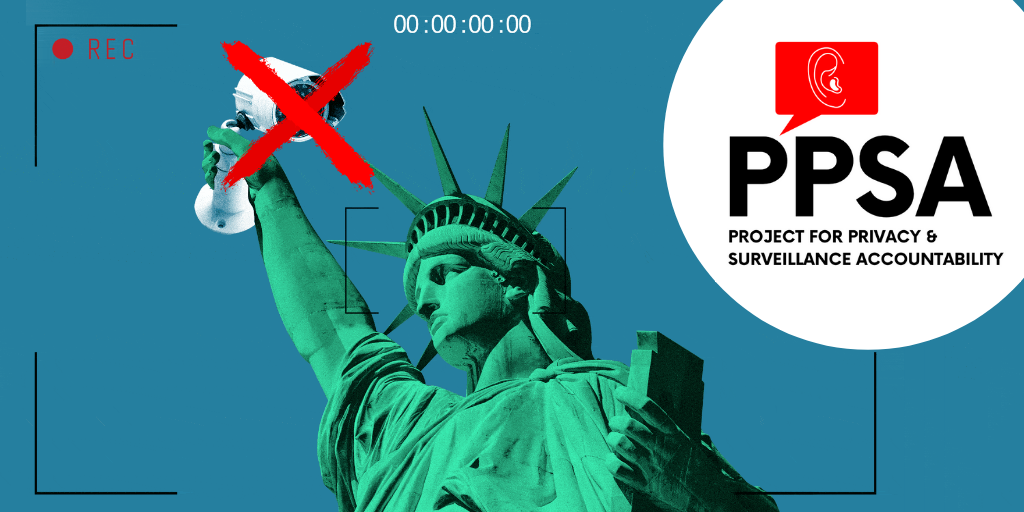|
Yesterday’s failure of the Senate-amended reauthorization of Section 215 of the Patriot Act is on balance a win for Americans’ privacy—and it augurs even greater privacy protections in the future.
First, the debate over that reauthorization has moved the entire discussion over the Foreign Intelligence Surveillance Act (FISA), of which Section 215 is a part, toward greater protection for privacy: The reauthorization bill failed in the House because of opposition from the President—but not on the grounds, as the Justice Department complained, that it placed too many constraints on FBI surveillance. The President’s objection—which carried the day among House Republicans—was that the reauthorization bill didn’t go far enough in protecting Americans’ privacy. This unprecedented failure to reauthorize a portion of FISA on the grounds that it doesn’t adequately protect Americans’ privacy is itself a significant win—and will color the debate both in and on the House-Senate conference that the House has now requested. Second, the practical result of the failed reauthorization may well be the death knell of Section 215 as we know it. When it was in effect, that provision authorized the FBI to surveil sensitive “business records” containing confidential information about Americans—but without a probable-cause warrant. Echoing the Fourth Amendment, the President’s main ground for opposing reauthorization was that “warrantless surveillance of Americans is wrong”—which is exactly what Section 215 did. So the Administration will be hard-pressed to now support reauthorization of that provision, at least in its current form, in a House-Senate conference or otherwise. In short, given the President’s rationale for opposing the reauthorization, now apparently accepted by House Republicans, and given similar views among progressive Democrats, there is now a good prospect that Section 215 will never be resurrected, at least without a true warrant requirement. That will be an enormous win for privacy—and for the Fourth Amendment. Third, the overwhelming 77-19 bipartisan Senate vote for the Lee-Leahy Amendment—and the initial strong support for that provision in the House—provides a baseline for all future FISA reforms. That amendment would reform the process by which the FISA court considers sensitive intelligence agency requests for surveillance of Americans – by providing for the appointment of a legal expert to advocate for privacy. That amendment should and likely will be a condition of any reauthorization of any expiring FISA authorities, including any version of Section 215 adopted in any House-Senate conference. To be sure, we would have preferred that the Lee-Leahy reforms be adopted and immediately applied to all FISA court proceedings. But on balance, the permanent expiration of Section 215—if it remains expired—combined with the creation of a clear pathway for enacting the Lee-Leahy reforms in the future, should ultimately produce a big net win for Americans’ privacy. Contact: Gene Schaerr, General Counsel Mark Davis, Director of Policy Bob Goodlatte, Senior Policy Adviser Email: [email protected] [email protected] rgoodlatte@protectprivacynow.org Phone: (202) 787-1060 (202) 909-5824 (202) 753-5047 Comments are closed.
|
Categories
All
|


 RSS Feed
RSS Feed